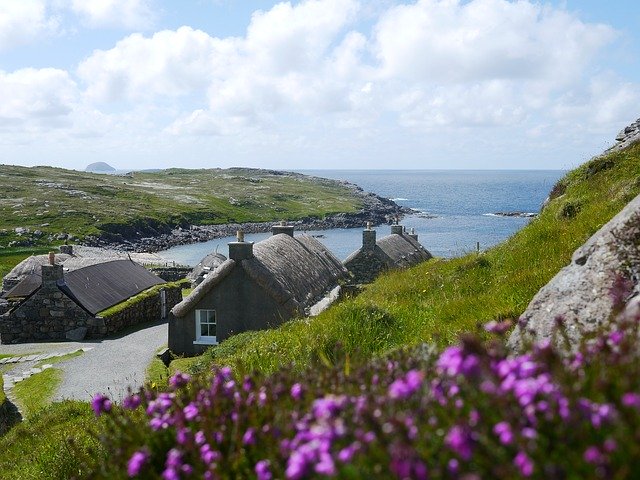Friday news roundup February 7, 2020

Greece is offering a baby bonus to boost its ailing birth rate. Galvanized by projections that the country’s population of 10.7 million could shrink by a third in the next 30 years unless declining birth rates are reversed, the government will provide families with an allowance of €2,000 for the birth of every child. The scheme is expected to cost €180m a year, equivalent to 0.1% of GDP, and is available to non-EU residents as well as EU citizens. According to Eurostat, at current rates, 36% of the Greek population will be over 65 by 2050, which has severe implications for the workforce and an already strained social security system. The situation has been further confounded by a brain drain, as 5% of the most-educated population (people of reproductive age capable of earning high incomes) emigrated from the country between 2010 and 2015 when unemployment rates reached a record high.
All primary 1 pupils in Scotland’s Western Isles will be automatically enrolled in Gaelic medium education from 2021. Comhairle nan Eilean Siar—the council for the Western Isles—has adopted a policy of “Gaelic first,” to increase the rate of growth for Gaelic in the islands. Parents will have to “opt out” if they want their children’s lessons taught in English instead of Gaelic under the new plans. The 2011 census showed 52% of the population of the Western Isles aged three and over spoke Gaelic. Under the new policy, pupils will be taught in Gaelic and will start learning English from primary 4 onwards. Bernard Chisholm, the council’s director of education, said when announcing the plans, the “Outer Hebrides is a Gaelic speaking community with a rich Gaelic heritage and culture.” He believes that being bilingual is beneficial to children’s academic development and will improve job opportunities.
Ireland goes to the polls on Saturday February 8, in what is likely to be an unpredictable general election. The current Taoiseach (head of government), Leo Varadkar, of the Fine Gael party, faces opposition from Fianna Fail and Sinn Fein—who have unexpectedly overtaken both of the traditional two big parties in the polls in recent days. While Varadkar may have hoped to be rewarded for his leadership during the deliberations over Brexit since he came to power in 2017, the focus of Ireland’s younger voters appears to be on Sinn Fein. While they only have 42 candidates (in order to achieve a majority a party needs 80 seats), Sinn Fein are currently ahead in the polls, potentially as a result of the appeal of their housing and tax policies and a desire for change among younger voters.
Switzerland faces a referendum this weekend on a new anti-discrimination law. The new law widens existing legislation against discrimination or incitement to hatred on ethnic or religious grounds to include sexual orientation. Opposition to the law has forced a public referendum. Critics are suggesting it will censor free speech, whilst those for the law believe it will counter growing intolerance in the country. Under the new law, publicly denigrating or discriminating against someone for being gay or inciting hatred against that person in text, speech, images, or gestures, would be banned. The Swiss people have been shown from opinion polls to be generally in favour of the law, but the margin between supporters and opponents has been narrowing.